One of the most common—and misunderstood—options is seller assist, a strategic tool that can help you attract more buyers without lowering your asking price.
How To Lower Closing Costs
How To Lower Closing Costs
Closing costs help facilitate the sale of a home and both buyers and sellers pitch in. Some closing costs can be paid before the home is officially sold and others are paid at the end.
However, closing costs aren’t set into stone and they can be negotiable. You can ask your real estate agent or lender with help in estimating your actual closing costs. Look over everything to make sure all the numbers are right and then you plan accordingly in how you’re going to lower them.
Loyalty Programs
Some banks offer assistance to buyers when they use them to help pay for the purchase. It’s a way for a bank to reward loyal customers. Unfortunately this is not very common in today’s market.
Closing at the End of the Month
Schedule your closing at the end of the month so you don’t have to pay the per diem interest for so many days.
Get Multiple Quotes
Get estimates from different lenders because you’re looking for the best package of closing costs and interest rates. There might be something better out there. Please note that comparing lenders true costs on mortgages is not as simple as choosing between interest rates or APRs.
Junk Fees
There may be some fees a lender charges that may be negotiable, such as origination fee, processing fee, or application fee. Make sure to ask if what you are being quoted is the best they can offer.
Title Costs
Sometimes title insurance and settlement are bundled together. You may be able to find a title and settlement company that is less expensive.
Negotiate With the Seller
You can try to negotiate with the seller in paying for some of your closing costs. Buyers can ask for credit or to cover lender expenses during the offer and negotiation process. This should be covered with your real estate agent in your initial consultation.
Did You Remember to Budget for Closing Costs?
Buying a home is one of the largest financial transactions most people make in a lifetime. In addition to saving for the down payment, there are many other costs associated with buying a home; home inspections, appraisals and escrow fees are considered closing costs and are out of pocket costs to both buyers and seller. If you are financing the home, then there are additional lender fees to consider as well.
The Basics of Closing Costs
Closing costs are typically out of pocket costs associated with buying, or selling, a home. Some loan programs will allow you to “finance” most of these costs by adding the cost to the loan balance, but it’s important to remember that the home must still appraise for the additional value and not all programs allow you to do this. It’s better to plan for the extra cost which can range from 3-7% of the home’s purchase price.
Typical Closing Costs
Prior to making an offer, I provide my clients with an estimate of costs. The full list of closing costs involved in your specific transaction while be outlined on a disclosure from your lender. This will be provided once you are under contract. It will disclose costs associated with concluding the transaction. You can expect to see items related to loan fees and costs, appraisal, title insurance and transfer fees, processing and recording fees, hazard insurance and property tax costs among many others.
If you are considering a home purchase, it’s time to speak with a local lender to get a full understanding of the costs associated with buying a home. In this way, you can ensure you have saved what you need to close on your dream home.








